Navy Secretary Richard Spencer resigned on Sunday after President Donald Trump intervened in the case of Navy SEAL Eddie Gallagher.
Gallagher was found guilty in a military court after he unlawfully posed with the dead body of a teenage ISIS fighter, among other misconduct reported by his fellow SEALs. Gallagher was set to lose his Trident pin—meaning he'd be demoted from a Navy SEAL. Gallagher's guilt was found by a jury of his peers: fellow Navy SEALs.
That was until Trump suddenly reversed the demotion on November 15. By November 21, Trump tweeted about Gallagher, instantly transforming him from convicted war criminal to celebrated war hero in the eyes of Trump's base.
After Trump ordered Secretary of Defense Mark Esper to end the review of Gallagher's conduct, Secretary Spencer resigned with a scathing rebuke of Donald Trump's management style in his resignation letter.
That rebuke continued in an interview Spencer gave to CBS News.
When asked what message Trump's interference sent, Spencer responded:
“That you can get away with things. We have to have good order and discipline. It’s the backbone of what we do, and the Trident review process with the senior enlisted reviewing fellow senior enlisted is critical. The senior enlisted of our military are the backbone of our military. They are the girder of good order and discipline. They can handle this, they can handle this in each one of their communities.”
He didn't stop there.
Spencer went on to say that Trump's interference defies the standards upon which the military runs.
“I don’t think he really understands the full definition of a war fighter. A war fighter is a profession of arms, and a profession of arms has standards that they have to be held to and that they hold themselves to.”
Others agreed that Trump was setting a dangerous precedent.
A new article from The Daily Beast reports that Trump is now looking to have pardoned war criminals campaign for him in 2020, which may explain why he's been so quick to pardon them in the first place.




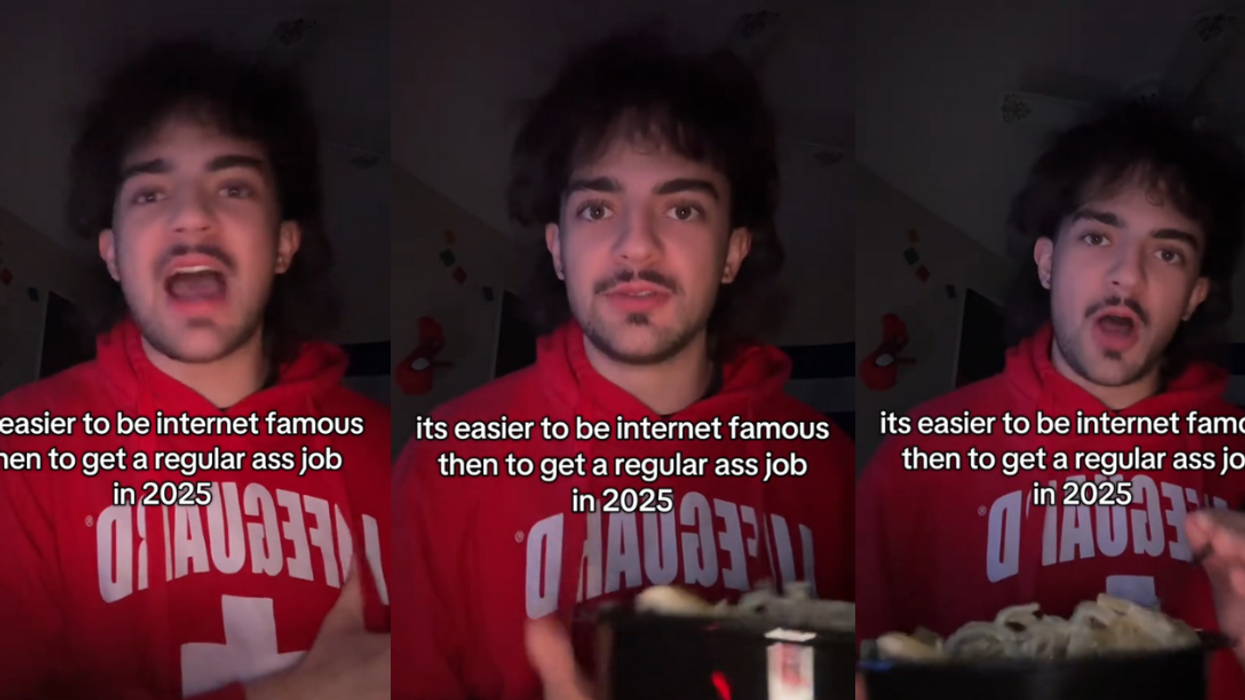
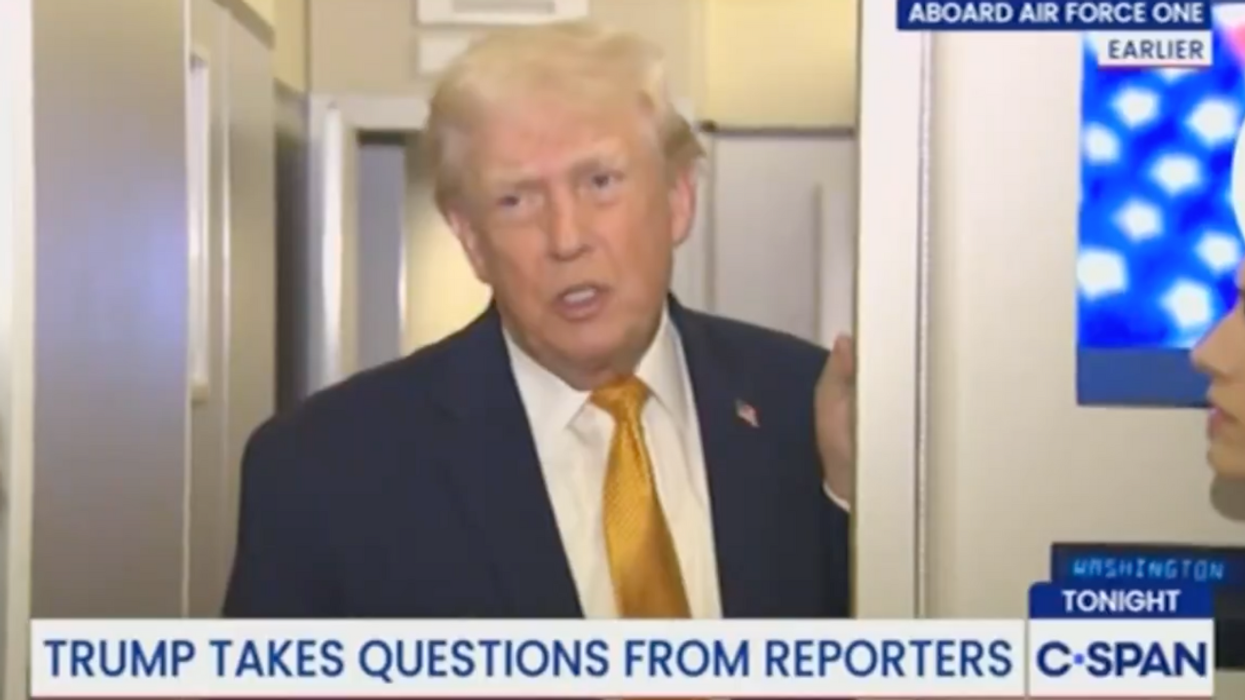



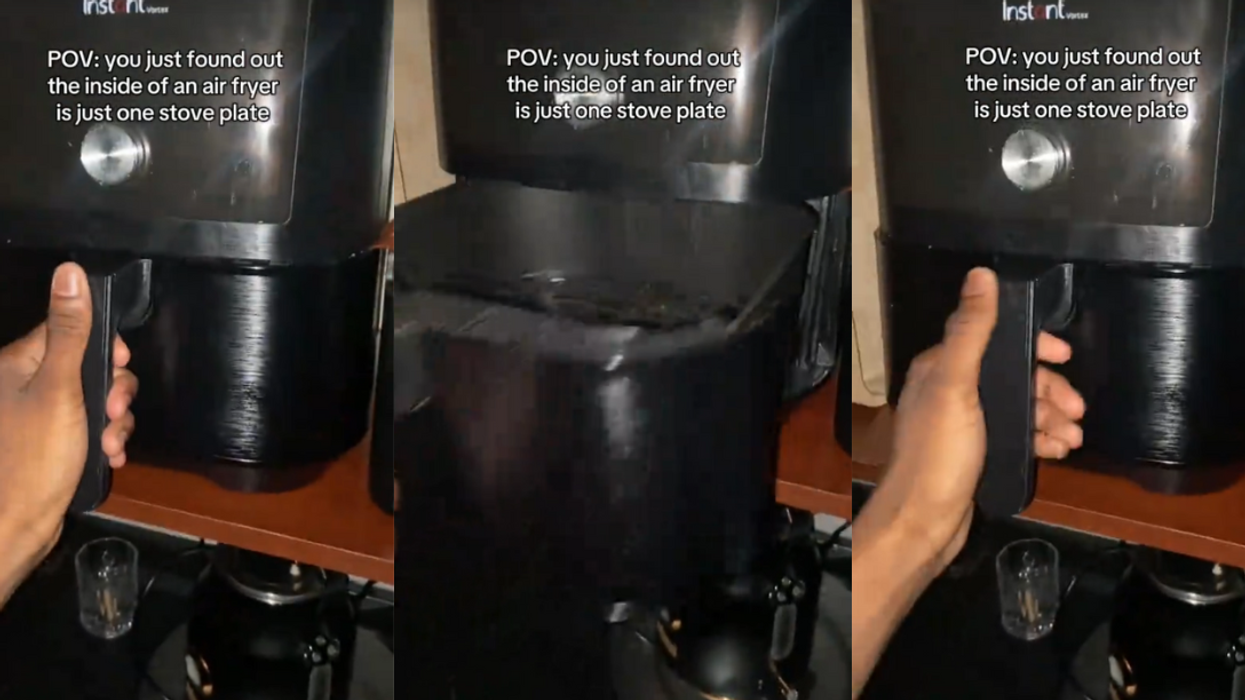

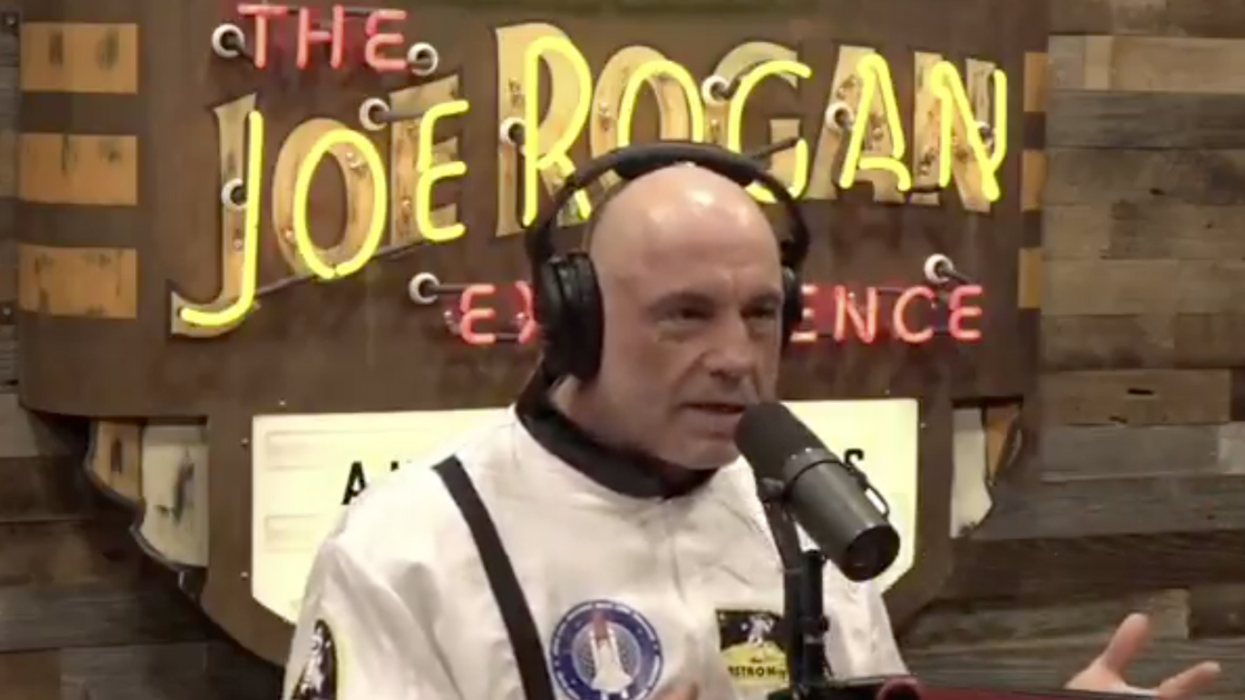

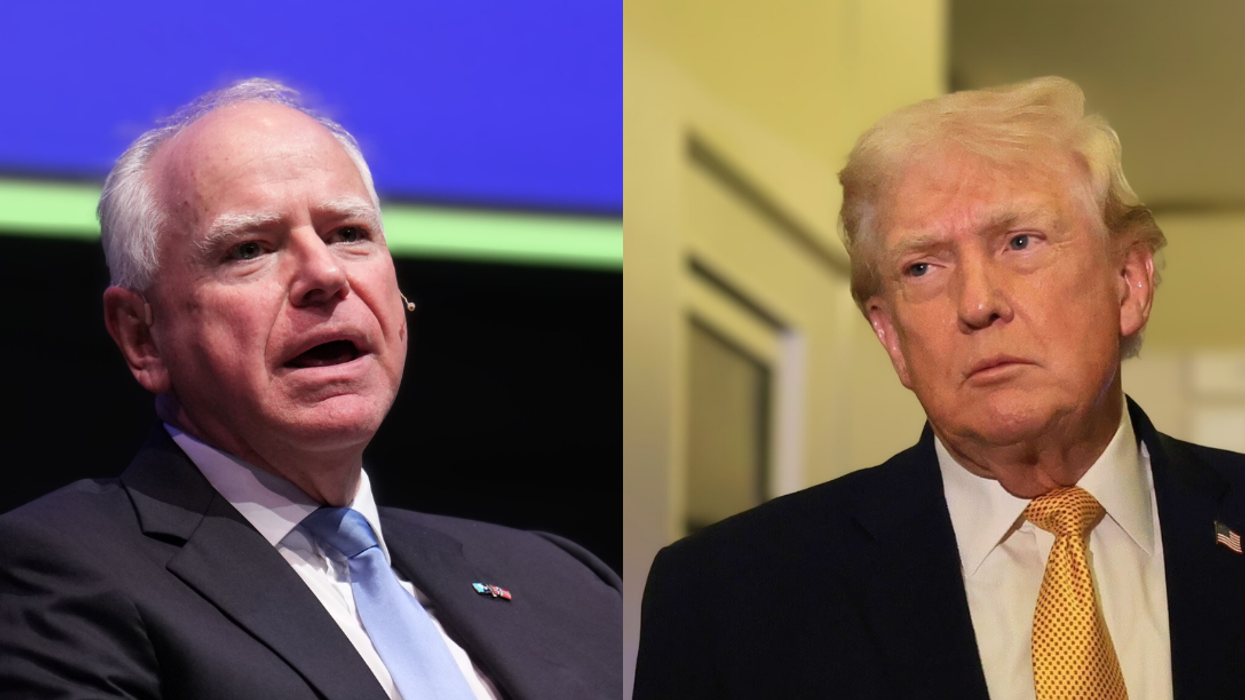
 @realDonaldTrump/Truth Social
@realDonaldTrump/Truth Social @realDonaldTrump/Truth Social
@realDonaldTrump/Truth Social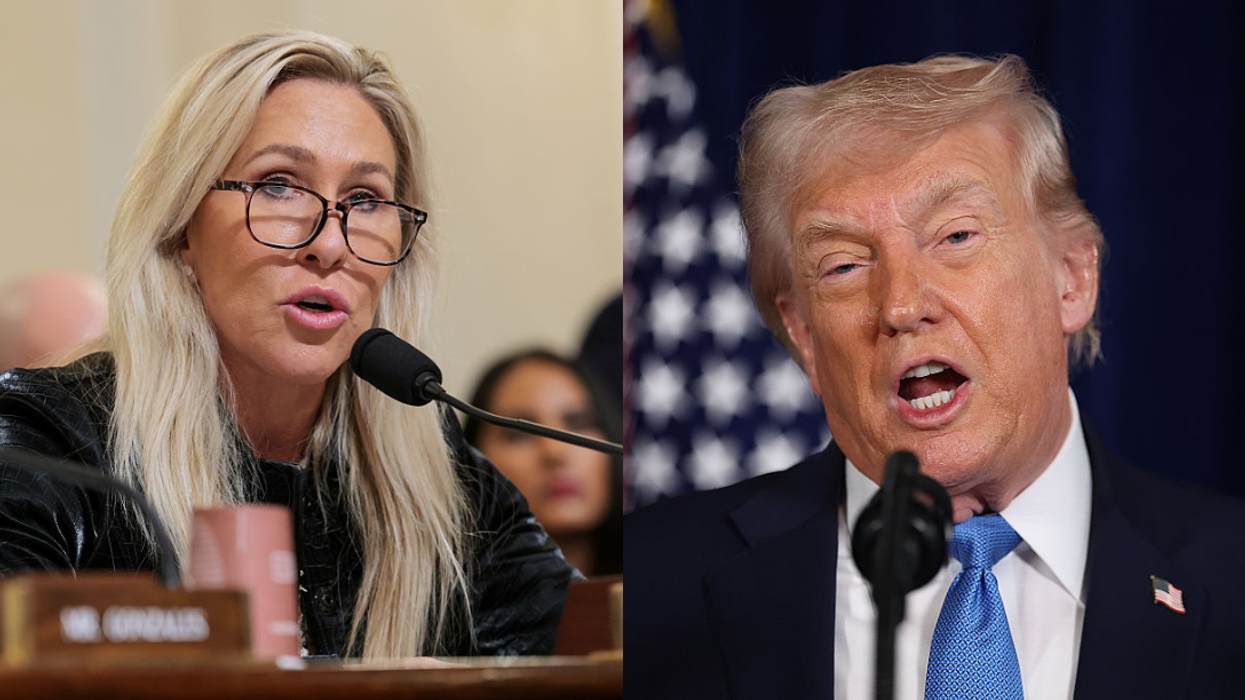

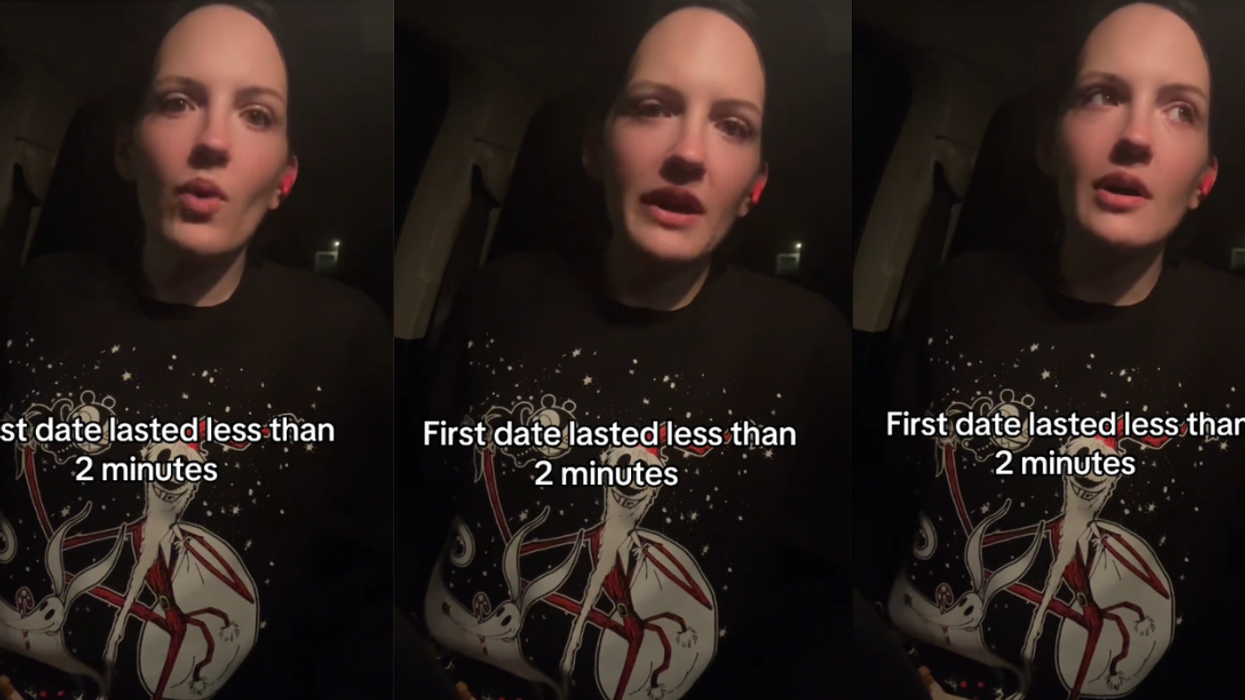
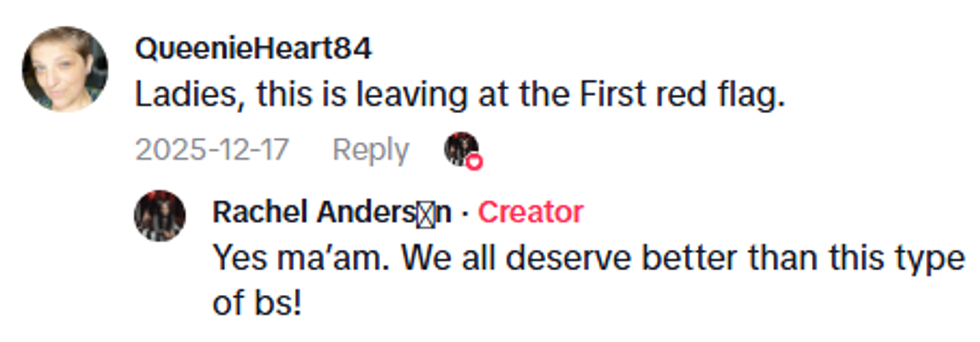 @rachelanderson471/TikTok
@rachelanderson471/TikTok @rachelanderson471/TikTok
@rachelanderson471/TikTok @rachelanderson471/TikTok
@rachelanderson471/TikTok @rachelanderson471/TikTok
@rachelanderson471/TikTok @rachelanderson471/TikTok
@rachelanderson471/TikTok @rachelanderson471/TikTok
@rachelanderson471/TikTok @rachelanderson471/TikTok
@rachelanderson471/TikTok @rachelanderson471/TikTok
@rachelanderson471/TikTok @rachelanderson471/TikTok
@rachelanderson471/TikTok @rachelanderson471/TikTok
@rachelanderson471/TikTok @rachelanderson471/TikTok
@rachelanderson471/TikTok @rachelanderson471/TikTok
@rachelanderson471/TikTok @rachelanderson471/TikTok
@rachelanderson471/TikTok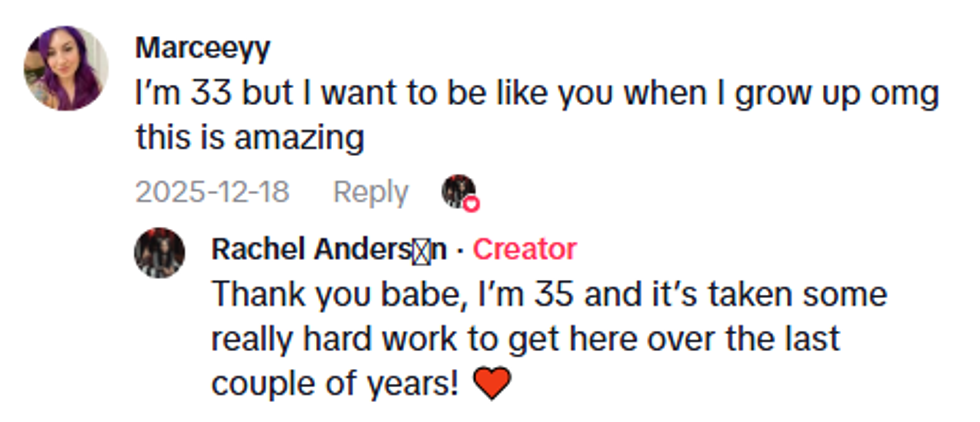 @rachelanderson471/TikTok
@rachelanderson471/TikTok @rachelanderson471/TikTok
@rachelanderson471/TikTok